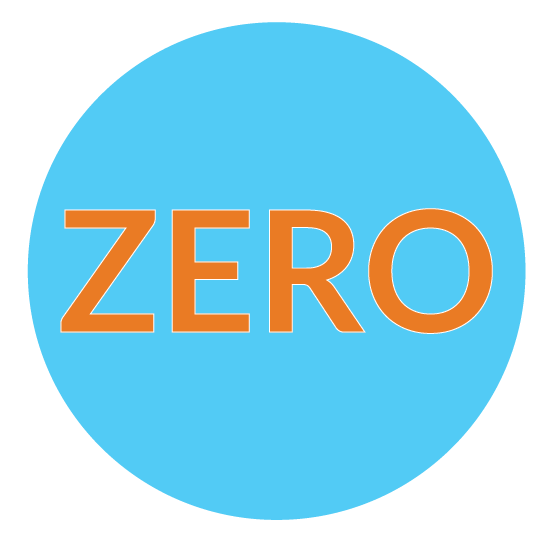3 Things with Kyhetica Lattin
Portland has an amazing sustainability community, and we want to highlight the people and work that shape our unique city. We’re sharing their answers to questions we posed.
Meet Kyhetica 'Ky' Lattin, Ky brings a thoughtful, holistic approach to sustainability, combining environmental, social, economic, and systemic perspectives. They are passionate about projects that uplift communities, like AfroVillage PDX’s Afrofuturism Oasis, where Ky has served as Lead Designer and now also leads Project Management. The project reclaims retired MAX trains and land in a historically Black neighborhood to create a space supporting Black, Brown, Indigenous, immigrant, and unhoused communities. For Ky, sustainability isn’t just about climate, it’s about building healthy, equitable, and resilient communities where everyone can thrive. Their work is guided by collaboration, creativity, and a commitment to tangible impact, making them a strong voice in advancing both social and environmental sustainability in Portland and beyond.
Now, we’ll hand it over to Ky to share their perspective on advancing sustainability through community-centered design and projects that uplift both people and the planet!
1. What does sustainable mean to you?
To me, sustainability is less about an individual’s definition — less about my own definition — and more about the cracking open of our collective empathy to tend to, heal, and maintain this planet that does all that and more for us. Sustainability means examining how we, as individuals but even more so as a collective community, can peel back the layers of habits and systems we've built — systems that are not only harming the ecosystem we live within but also contributing to its declining lifespan. I've heard many people share their definitions of sustainability, and the Triple Bottom Line — which breaks sustainability into environmental, social, and economic categories — is the one that resonates most with me. Still, I think it's missing two key components: the emotional and the systemic, particularly those we in the United States are conditioned to live within.
Sustainability is both pushing against the habitual patterns that harm this planet and its ecosystems, and prioritizing the search for ways to heal, regenerate, and maintain it — in our own lives and for the generations to come.
2. Name a Portland (or Oregon) project or collaboration that has inspired you, and tell us why you are inspired by it.
The Portland project that has inspired me over the past couple of years is Afro Village PDX’s Afrofuturism Oasis. I first heard about it at the National Organization of Minority Architects (NOMA) conference when it was held in Portland in 2023. I was inspired and amazed by the idea of reusing GEN1 retired MAX trains and reclaiming land in what was once a historically Black neighborhood. The project aims to uplift Black and Brown communities, with a strong emphasis on supporting women, Indigenous folks, immigrants, and those impacted by homelessness and displacement — all through an Afrofuturism lens. It was clear to me that climate resilience and social justice were central to this project, and I wanted to get involved in any way I could.
One year later—after attending several Afro Village events and expressing my interest—I officially joined as Lead Designer of the Oasis in November 2024. More recently, since June 2025, I’ve taken on leading Project Management as well. I hope to continue fighting for, supporting, and being inspired by this project through to when folks can start using the space, despite the many obstacles that come with being a trendsetting initiative in Portland. Learn more here.
3. What can Portland (or Oregon) be doing better to be more sustainable?
This is a big question. Truly, I think Portland needs to focus right now on political and social sustainability — continuing to prioritize the values of the majority who live in our city so that all residents can flourish. It means investing in treatment facilities and mental health resources for people experiencing homelessness and struggling with addiction. It means continuing to uplift and support Black, Brown, Indigenous, and other communities of color who have been, and continue to be, displaced, harmed, and disenfranchised. It also means reinforcing our commitment to being a sanctuary city — not only for Indigenous and immigrant families but also for those experiencing homelessness amidst our political climate.
This boils down to Portland investing time and effort into relational sustainability — the way we care for, tend to, and enrich each other’s lives. When Portland residents feel the benefits of being part of a healthy community, the systems that keep the city running will naturally benefit from their ideas, creativity, and ingenuity. Numerous studies show that people thrive in healthy communities — emotionally, socially, and economically. Just as the Portland Clean Energy Fund grew into a powerful tool for climate resilience, and just as we have the arts tax to support cultural programming — what if we created a Portland Social Impact Fund?
What if every resident contributed just $5 to a fund dedicated to supporting those most impacted in our community?


